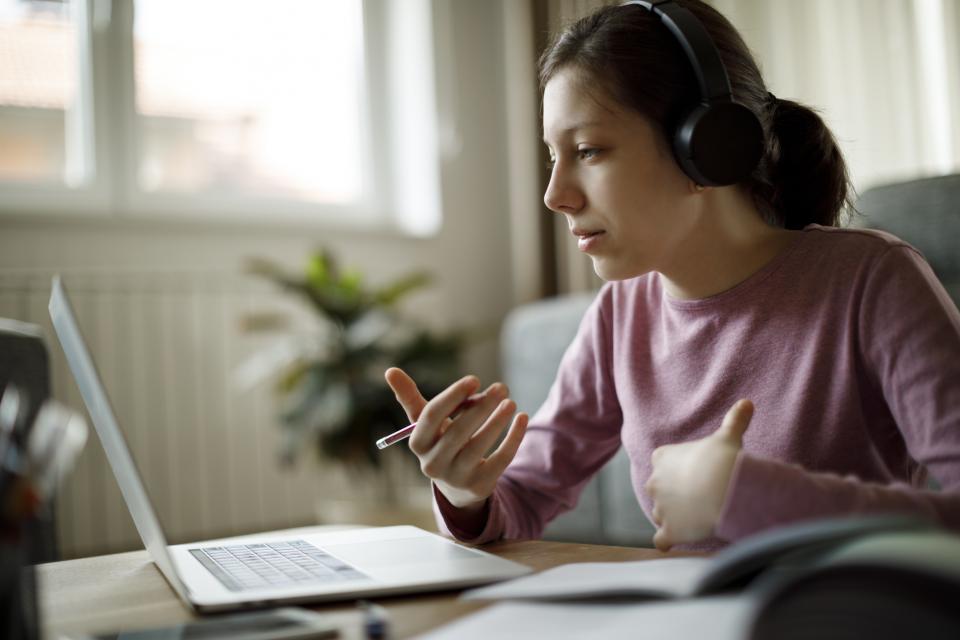Research Team
Adrienne Nishina and Michael Medina (with Tseng Vang, Giana Hamilton, Lyndsey Ruiz, Liana Atizado, Nicole Johnston, and Sammy Kerrigan)
Project Description
 The COVID-19 pandemic has impacted schools in unprecedented ways. In the U.S., the majority of schools have closed and transitioned to online learning. This sudden and widespread shift has the potential to impact students’ educational experiences, well-being, and importantly, their social relationships, on a daily basis. In a pair of studies, we broadly examine the daily social lives and outcomes of students living through the COVID-19 crisis.
The COVID-19 pandemic has impacted schools in unprecedented ways. In the U.S., the majority of schools have closed and transitioned to online learning. This sudden and widespread shift has the potential to impact students’ educational experiences, well-being, and importantly, their social relationships, on a daily basis. In a pair of studies, we broadly examine the daily social lives and outcomes of students living through the COVID-19 crisis.
I. Peers play an important role in adolescents’ development, and youth’s social experiences can set the stage for both their daily and long-term psychosocial and academic well-being.
How are high school students’ daily interactions with peers and teaching changing?
With Amy Bellmore (co-PI) and Melissa Witkow (co-PI)
For the past 7 years, we followed the daily school lives of ethnically diverse students from 3 states as they transitioned through middle and high school. This examination was interrupted by COVID-19. We are now comparing pre- and post-closure data to identify changes in students’ daily school experiences, well-being, and importantly, their social interactions with peers and teachers. Preliminary results indicate that students are now reporting fewer positive daily school-based peer and teacher interactions during online schooling. We are looking at the extent to which they may be compensating for lost peer time through increased online activities, as well as defying shelter-in-place orders to see friends in person.
*Funding from US Department of Education Institute of Education Sciences (R305A170559), with funding for earlier phases from USDA HATCH and NSF.
II. The pandemic has also highlighted a need for a collaborative, diverse, high-quality, STEM-focused workforce. College students’ social experiences can support or detract from their STEM involvement.
Are college STEM majors experiencing more daily social support and/or discrimination within the COVID-19 context?
With Alysha Ramirez Hall (co-PI), Diana Meter (co-PI), Michael Medina (co-PI), and Aubrey Uresti (consultant)
We conducted a similar long-term, daily report online study with ethnically diverse college STEM majors, examining their daily STEM experiences, academic functioning, social relationships, and discrimination experiences over time. Following the COVID-19 outbreak, we reached out again to these students while they were continuing their education online. We can now compare their current daily exposure to prejudiced remarks or discrimination to their pre-pandemic reports, and explore whether current experiences dissuade ethnic minority students from pursuing STEM careers. We are particularly interested to see whether friendship diversity and peer support—similar to when classes were in person—can protect students against these negative experiences.
*Funding from National Science Foundation (NSF BCS 2028034), with funding from earlier phases also from NSF.
For More Information on this Project
Visit the UC Davis Peer Relations Lab website at: https://a-prr.net